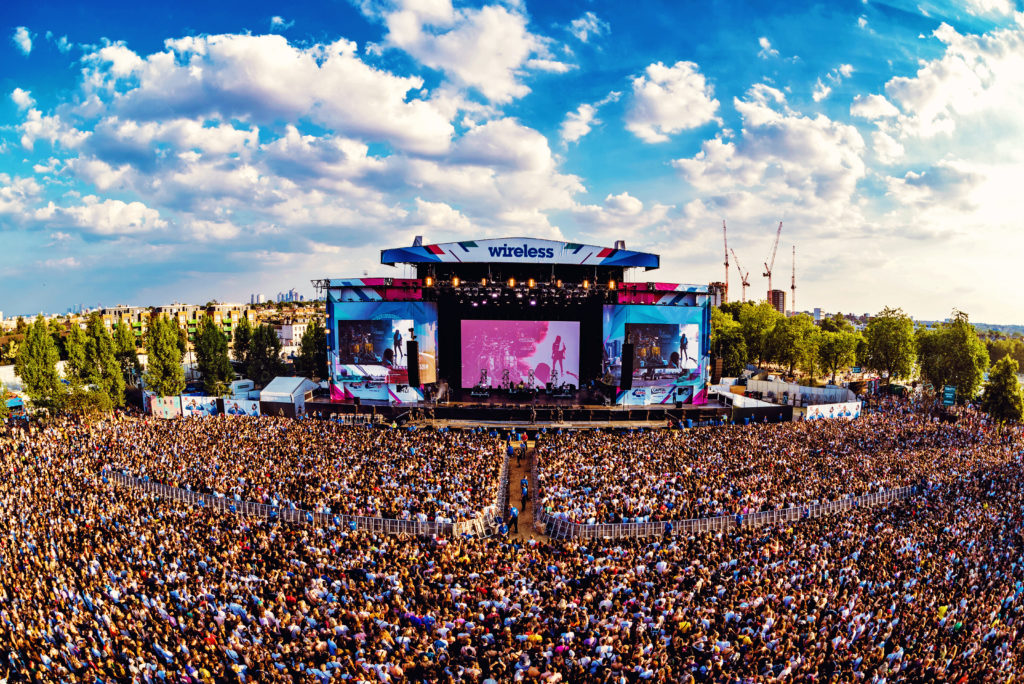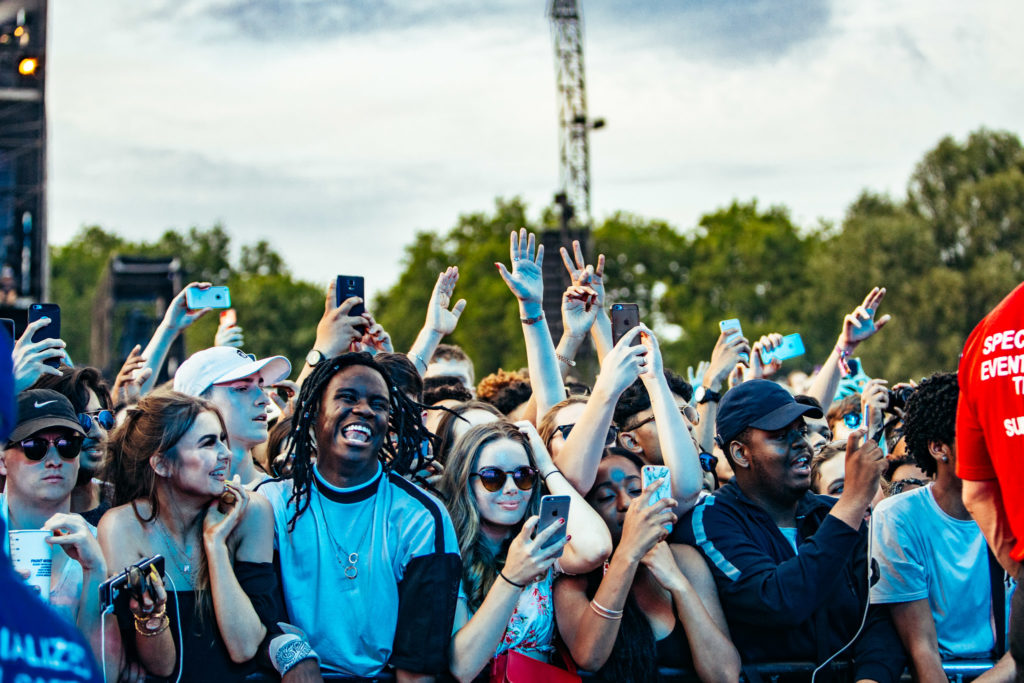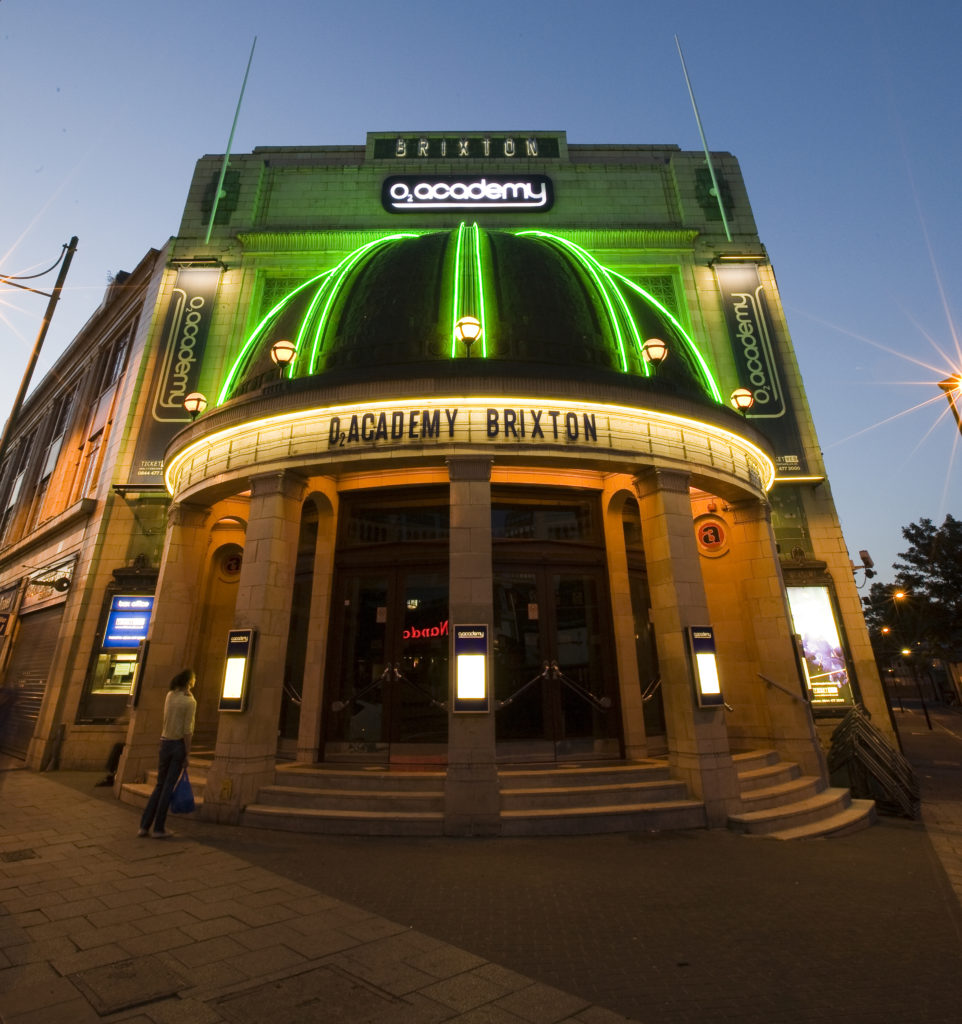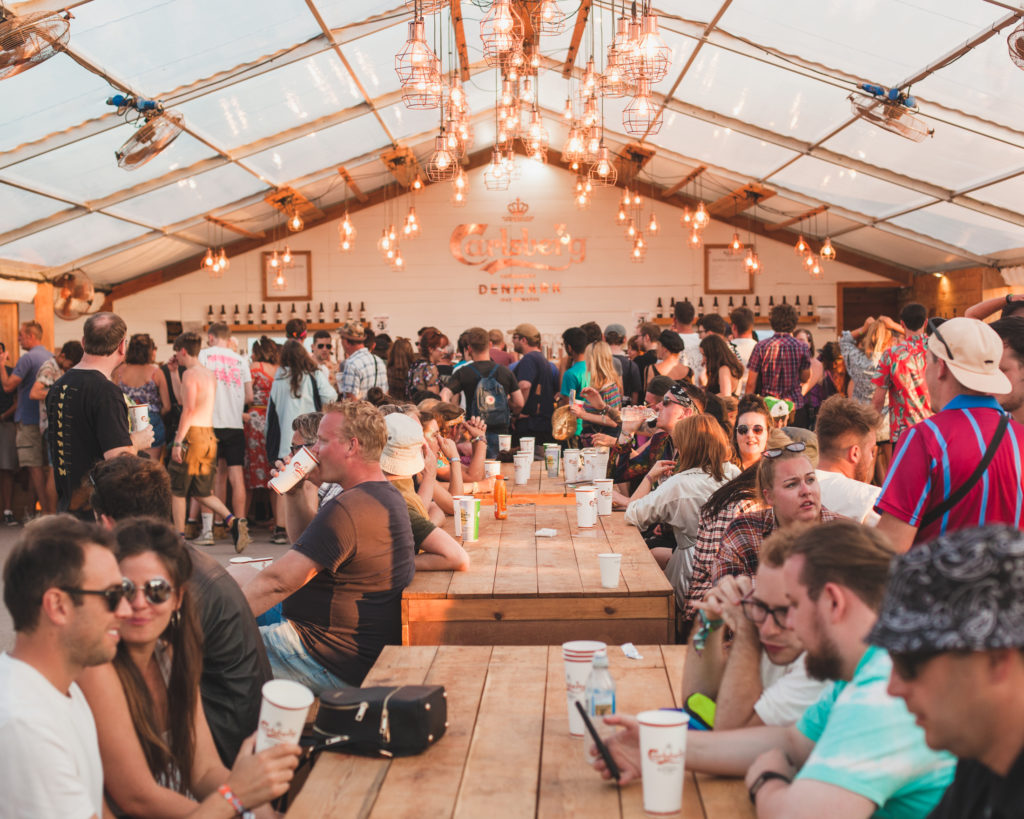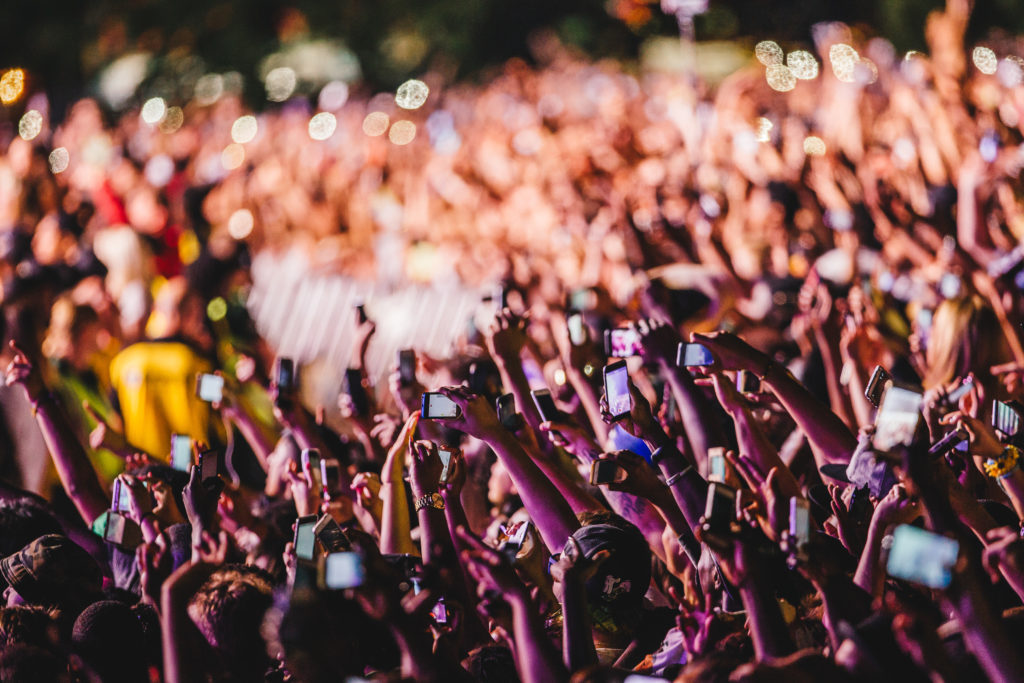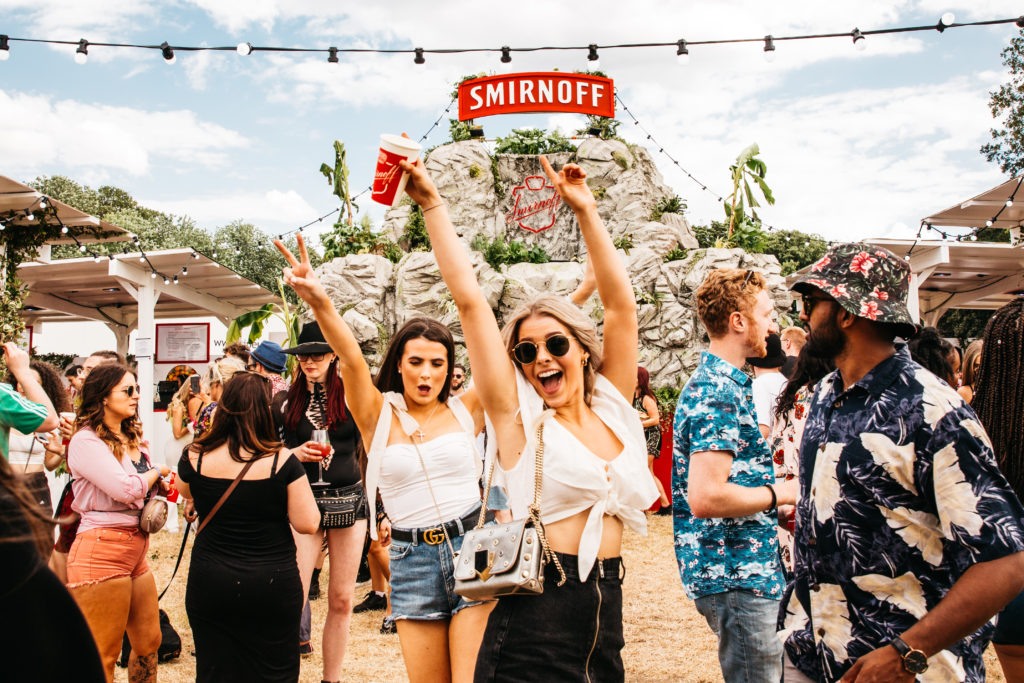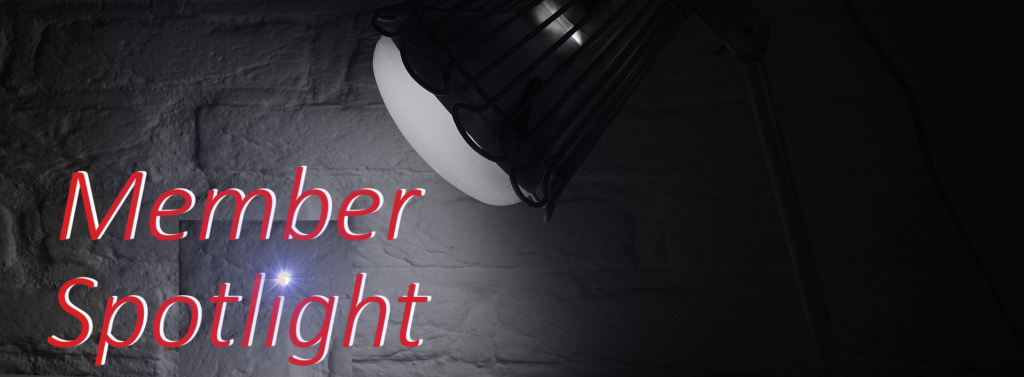
What’s your name and position within the organisation?
Jim Campling, President of Marketing Partnerships at Live Nation UK. I oversee the creation, negotiation and development of commercial partnerships across Live Nation’s UK portfolio of festivals, venues, promoted shows and ticketing solutions.

Give us a brief overview of Live Nation as a company in general and your approach to sponsorship and partnerships specifically?
Live Nation Entertainment is the world’s leading live entertainment company comprised of four global market leaders: Ticketmaster, Live Nation Concerts, Artist Nation Management and Live Nation Media/Sponsorship. Every year, Live Nation brings over 550 million fans in 40 countries to our 100+ music festivals and 200+ venues.
The Live Nation UK Marketing Partnerships team works with brands to solve business challenges by offering strategic partnerships and solutions to build long-term relationships with live music fans. Together we create meaningful engagement with our fanbase, leveraging direct access to millions of fans through our network of venues, festivals, artists and digital assets. From the legendary Reading and Leeds Festivals to the world famous O2 Academy Brixton, our division works tirelessly across the UK’s most iconic music environments to help brands connect with fans when they’re most receptive during live moments. Our brand partners to date include O2, American Express, Amazon, Barclaycard, Carlsberg, Google, Pepsi, Diageo and many more.
What approach makes Live Nation’s sponsorship strategy unique? What is your USP/differentiator?
The appetite for cultural and entertainment experiences has never been more in demand, underscoring that while it’s easier than ever to connect to people, it’s increasingly difficult to connect with people. Live music serves as a unique opportunity to bring people together and offers the emotional intensity of unforgettable moments.
There are two parts of our USP: the merging of our assets and our audience, coming together to create one of the most engaging forms of interaction and the duration of engagement we have with our fans. While scrolling digital feeds, people spend an average of 2.5 seconds on a piece of content but the feeling they experience at a show or a festival can last a lifetime.
At its core, live music is an emotional, multi-sensory experience and people are more tuned in and open to their surroundings in those moments. It’s clear when fans are experiencing live music, they’re in a state where they feel connected not only to the moment but to culture and community. This represents a powerful opportunity for brands – a place to be authentic and play a meaningful role to engage with fans when they are feeling and listening.
Today, more than two thirds of 13-to 49-year olds are attending live music events around the world, a trend that is reflected in the overall music industry with live music outpacing the growth of digital and recorded music. Live music ticket sales are also expected to exceed $25 billion by 2023, according to consulting firm PricewaterhouseCoopers’ updated Global Entertainment & Media Outlook 2019–2023 report.
We know more than any rights holder there’s a careful line between exploiting and investing in culture so we work with brands to understand the specific nature of each event to ensure the best value exchange for our fans. To make sure we’re listening and capturing our fans feedback, our division developed Live Nation Sound Board, a global online community of people (5,000 in the UK), who share their opinions, take part in activities – surveys, polls and discussions – and earn rewards for it. We created the community to give people a forum to share opinions and experiences about concerts, festivals, and our brand partners and learned our audiences are open to brands that honour and add to the culture. 90% say there’s at least one thing a brand could be doing to improve their experience, enabling us to help our partners engage in a meaningful ways.
In addition to the above, we invest in research and insights, using the data we have on our music fans to help our partners understand the experience of the live music journey. Last year we published The Power of Live, a comprehensive global live music fan study that digs into what fans are experiencing and looking for in live music environments.
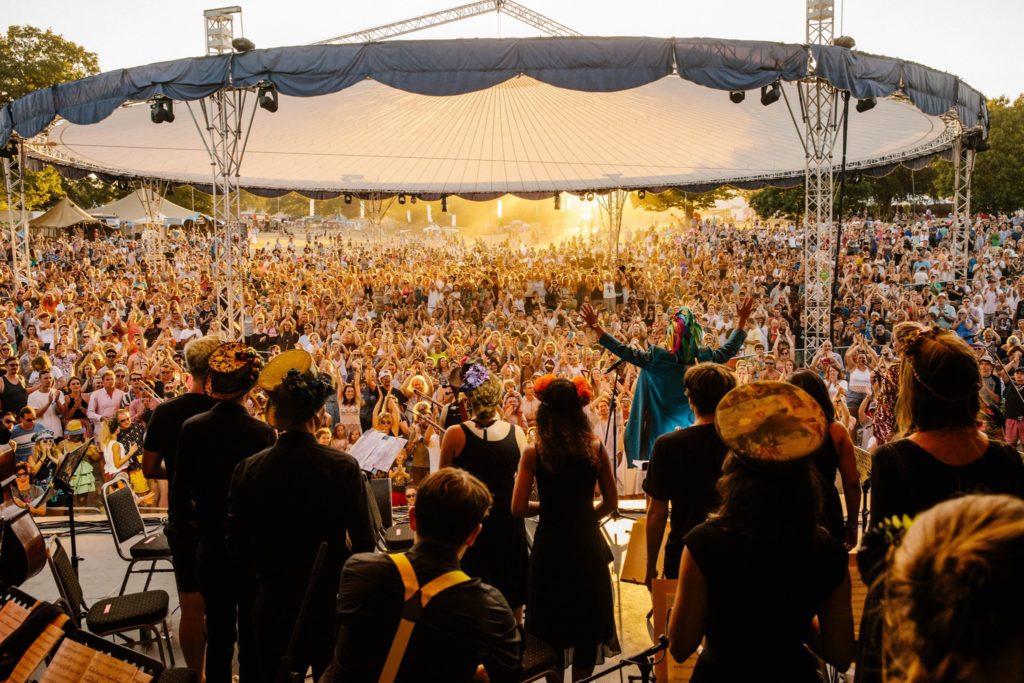
In recent years brands have increasingly pivoted towards culture and entertainment in search of meaningful connection with audiences. How does Live Nation facilitate this connection?
Today’s behavioural patterns are shifting from valuing possessions to valuing experiences and our current state of sensation deprivation means people are craving opportunities to connect with others in real life. This era of information overload also means our attention spans are dwindling and we’re losing sight of valuable opportunities to engage people. Live experiences in culture and entertainment can serve as an antidote to the digital deluge, fulfilling the desire of genuine human connection.
The current state of society means it’s no longer enough for marketers to just increase brand awareness to drive business growth, they need to work hard to create focused engagement and loyalty. Smart brands are investing in culture and entertainment to build affinity, showing people they care about adding value in genuine ways and understanding what it means to be a relevant brand in today.
We work with brands to facilitate meaningful connections with our fans based on their goals, exploring and piloting new ideas and strategies. If we look at festival partnerships as an example, there are now festivals across the UK catering to people of all ages and musical tastes, allowing us to tailor partnerships relevant to audiences that brands want to engage with. Festivals are truly the epitome of the new experience economy, with the festival scene acting as a thrilling microcosm of society and popular culture, where real-life experiences drive digital interaction, and vice versa. The festival story offers so much more opportunity than just spending time in a field.
We’re also leveraging digital to help facilitate a brand’s message to extend reach beyond the fan at the experience and tap into the social halo of fans’ networks. If live experiences are the ultimate connector, digital is the transmitter – it feeds the long tail of live. Leading up to the event, fans spend time discovering and socializing about upcoming shows and preparing and pre-gaming with their social circles. Memory making doesn’t stop at the experience; fans capture, share and relive live music memories with their social network.
How has sponsorship changed for Live Nation over the past few years?
We’ve noticed a shift in the conversations we’re having with brands, in terms of helping them understand the difference between brand engagement and cultural investment. To some brands cultural investment feels like new territory so we’re helping them understand how investing in live moments is a unique opportunity to engage people.
Emotion drives consumer engagement in a way that classic marketing efforts like demographics, psychographics and behavioural targeting cannot. Brands need to differentiate ‘passive media and a lean-back audience’ and ‘active media and a lean-forward audience’ – and understand the power and return associated with each.
What are the current trends within your business area, and how are they affecting how you work and how you deliver on strategy? And what predictions can you make about how it’s going to change in the next five years?
We speak with our partners about how live can help solve all sorts of business challenges that also align with rising fan expectations – everything from loyalty, affinity, product engagement, launch support, B2B business sales to driving cultural relevance. Below are a few topics that are top of mind for us and our partners right now:
Personalization – Personalization is increasingly important both in the physical and digital realms. With the proliferation of digital ticketing in the near future, there will sophisticated opportunities for brands to engage fans with personalized offers and ticket access programs.
On a physical level, festivals provide a way for music fans to connect with truly like-minded people and immerse themselves in something that’s both personal and important to them. At the same time, they provide a way for brands to create personalized experiences at scale for passionate, well-defined audiences in those rare moments when they’ll be extremely receptive to their message.
Technology – In addition to experience-seeking live music fans, technological advances have also acted as a significant enabler of consumers being able to experience more from brands. This shift has enabled brands to come up with new and creative ideas to engage with consumers to secure more brand loyalty. We’re working with more partners on bridging the physical with the digital, leveraging ground breaking technology like AR as well as our festival and venue social channels. While the power of live music is potent, our audiences still spend a tremendous about of time on digital and it’s important we meet them there and share relevant content. This means we’ll continue to pay attention to how technology enables utility, navigation at festivals and more immersive connections between artists, fans and brands. One way we’re currently doing this is leveraging our festival apps as a measurement tool to learn about how attendees interact with activations onsite. On average 80% of Live Nation music festival attendees download and utilise the official festival apps across the summer which allows us to measure impact and engagement for our partners, while extending our relationships and driving affinity and preference.
Sustainability – Sustainability is increasingly important for both our partners and our fans. In May this year we announced Green Nation, our global sustainability coalition. Green Nation outlines how we’re committing to new environmental goals for all Live Nation owned and operated venues, clubs, theatres and festivals, with the primary targets of reducing greenhouse gas emissions by 50% by 2030 and ending the sale of single-use plastics at all owned and operated venues and festivals by 2021.
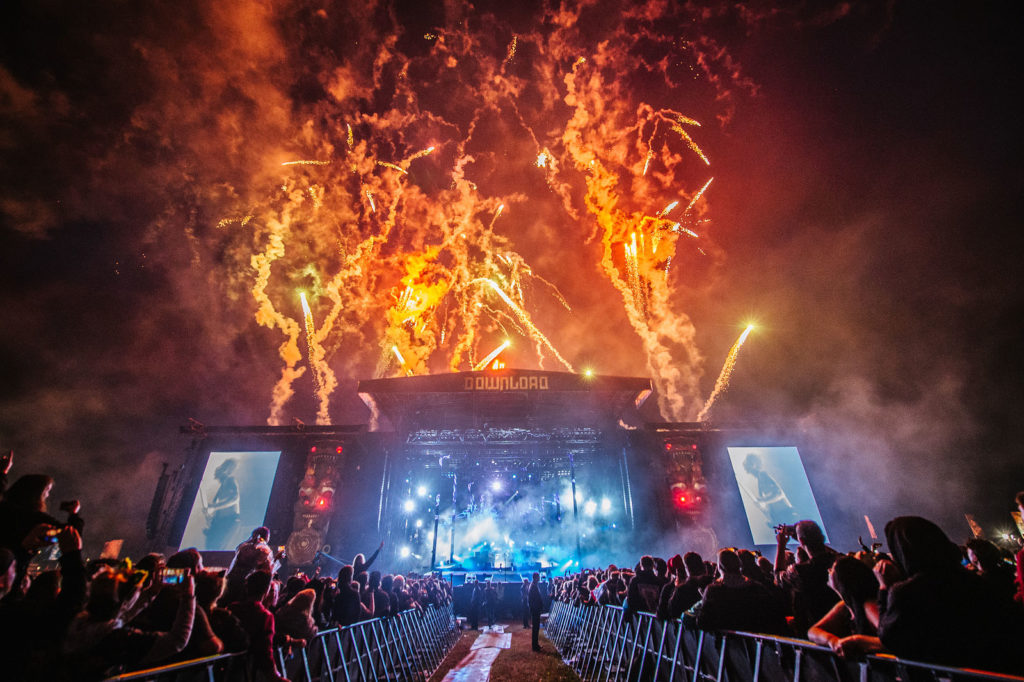
.

